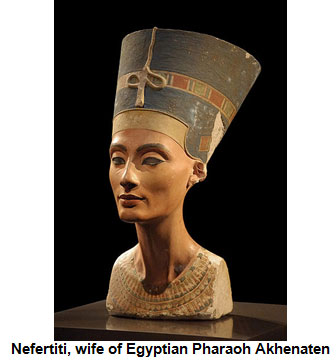
Women have impacted our world throughout history. In early civilizations, societies were mainly patriarchal. The role of women has not always been equal to that of men, but the contribution of women has been just as impactful.

In ancient civilizations, women had specified duties. For example, women in Mesopotamia and Egypt shared some legal rights with men. Women were allowed to own or rent property. Women in these ancient societies also held high positions, such as priestesses and goddesses who were worshipped.
Women have served as political leaders during various eras of world history. In this section, read about the political contributions of women.
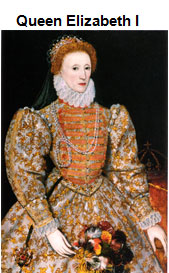
Queen Elizabeth I ruled England for 45 years. Many of the famous voyages of explorers like Francis Drake and Sir Walter Raleigh took place during her reign.
Queen Elizabeth I inherited religious and political turmoil, but she was able to bring stability to England. She brought about a compromise between the Catholics and Protestants in England. England faced other hardships during Queen Elizabeth I’s reign; the country faced economic depression and war with Spain. Queen Elizabeth’s long reign is considered to be successful overall as a result of her decisive political leadership.
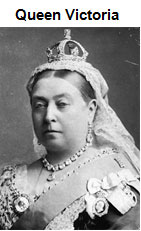
Queen Victoria was the queen of Great Britain for 63 years. She reigned over Great Britain from 1837 to 1901, which is longer than any other monarch in the country’s history. She is also the longest-serving female monarch in the history of the world.
Queen Victoria ruled during the time that Great Britain was a constitutional monarchy, a government in which Parliament had most of the power, but the monarch still had influence in political decisions. She worked toward peaceful resolutions in regards to foreign policy.
Great Britain expanded in industry and transportation during her reign. The railway system and the London Underground were constructed while she was queen.
As the political world began to change and various forms of government began to evolve, the role of women as political leaders also changed. Many women became influential leaders who made decisions that would change the world.
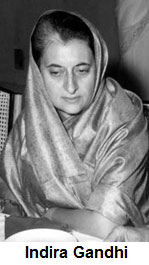
In 1966, Indira Gandhi became the first female leader of a democracy when she was appointed prime minister of India. Gandhi was known for making policies that worked to help the poor in her country.
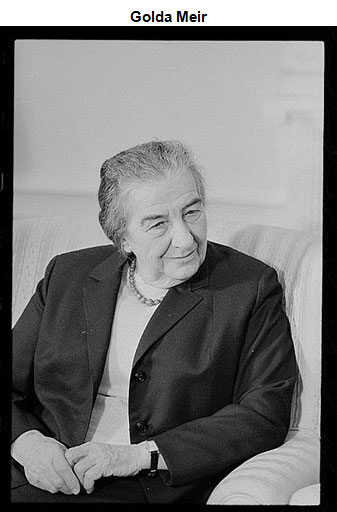
Golda Meir served as the Prime Minister of Israel from 1969 to 1974. She was the first female to hold this role in Israel. She was known for her strong will and ability to make tough decisions. Although she was ultimately unsuccessful, she continuously fought to achieve peace between Israel and its Arab neighbors.
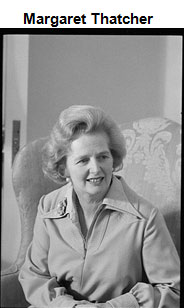
Margaret Thatcher was appointed the first female prime minister in Europe. Serving as the prime minister of the United Kingdom from 1979 to 1990, she enacted economic policies that were controversial but helped the United Kingdom recover from a recession.
As new civilizations emerged from around the world, the roles of women began to change. Many women have been active in changing social conditions around the world.
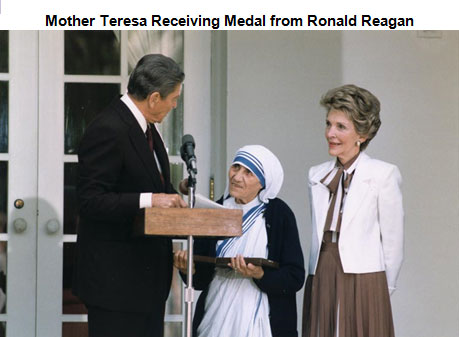
Mother Teresa, a nun born in Macedonia in 1910, spent most of her life caring for the sick and the poor. She founded the Order of the Missionaries of Charity, a group of women dedicated to serving the poor. Although much of her work was done in India, she founded orphanages, schools, and hospitals all over the world. She was awarded the Nobel Peace Prize in 1979.
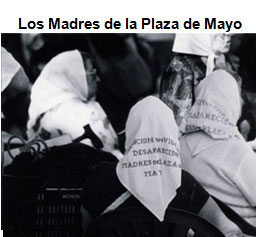
Women have worked collaboratively to make social change in history. In the late 1970s, Argentina was a politically unstable country. After the army overthrew the government, the new military-controlled government identified people who they claimed were trying to destroy the country. The government then initiated what was called the "Dirty War," in which tens of thousands of men, women, and children were abducted and never seen again.
Although most of the people were afraid for their own lives, a small group of mothers began making inquiries about their missing loved ones. Soon the group of mothers grew into a nonviolent movement and became known as Las Madres de la Plaza de Mayo.
Although the group grew in Argentina, they also gained international notoriety. The group’s efforts gained support from around the world, and the Madres became a symbol for human rights.
The Argentinian military eventually fell, and a constitutional democracy was established in the 1980s. The Madres continued to look for their missing love ones and hold protests to keep the cause alive.
In your notes, answer the following questions about Las Madres de la Plaza de Mayo.
Interactive popup. Assistance may be required.
The mothers were bonded by the motherhood they had in common. All of the women understood each other’s loss, which made them a stronger group.
Interactive popup. Assistance may be required.
In the United States, a mother who lost a daughter to a drunk driver founded Mothers Against Drunk Driving (MADD). This organization works to prevent drunk driving and support victims of the crime.
Sources of images used for this section as they appear, top to bottom: